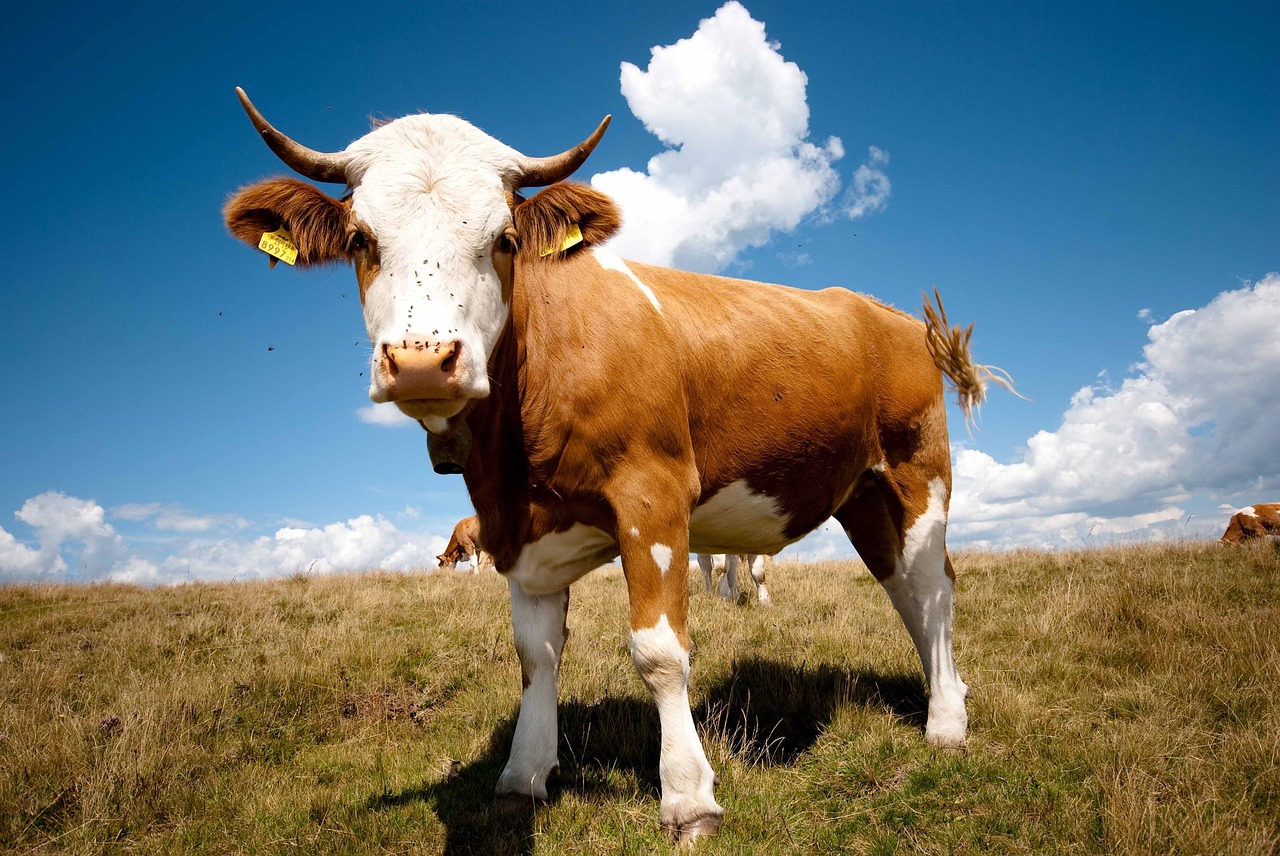
Sukkos is a unique Yom Tov in so many ways, one of which is its karbanos (ritual offerings). While the number of rams and sheep sacrificed on each of Sukkos’ seven days remained constant (2 rams, 14 sheep), the bulls were offered in varying quantities. Specifically, 13 bulls were sacrificed on day one, 12 on the second day, 11 on the third day, and so on. Over seven days, 70 bulls were sacrificed.
Chazal, our Sages of blessed memory, offer a fascinating insight into the “diminishing bulls.” There are, according to the Talmud (Sukkah 55b), seventy nations of the world. The seventy bulls correspond to those seventy nations, and it was in the merit of these bulls that the nations flourished and succeeded. Regarding this, the Midrash (Yalkut Shimoni, Bamidbar 684) quotes the verse (Tehillim/Psalms 109:4), “In place of my love – they hated me.” “Rabbi Yehuda said: How foolish the nations are! They have lost, yet they know not what they have lost. When the Holy Temple stood, the Altar [with its seventy bulls] would bring them forgiveness. Now – who will bring them forgiveness? (Sukkah ibid.)”
Seemingly, the seventy bulls were a gesture of (largely unappreciated) generosity offered by the Jews on behalf of the nations. Yet Chazal (see Rashi, Bamidbar 29:18) also note that although the quantity of sheep (symbolizing the Jews) remained constant, the bulls were offered in diminishing quantities, which is a sign of weakness and vulnerability. How can we reconcile these two seemingly opposite ideas?
Perhaps both concepts are necessary: We wish the nations much success and prosperity. At the same time, we are concerned that their success and prosperity not “go to their heads,” leading them to arrogance, pride, and irreverence, which can often be the precursor to anti-semitism. Therefore, we “weaken their resolve” by offering the bulls in diminishing quantities. Now that we have no Temple, the unparalleled prosperity of earlier days is no longer with us, nor them. On the other hand, nothing is left now to weaken their resolve and their natural inclination to hate the Jew for being different. (Need more be said?)
If we dig a little deeper, we may wonder why it is that Sukkos, among all the Yamim Tovim, was chosen to offer this token sacrifice on behalf of the nations?
Rav Aaron Kotler zt”l (Mishnas Rav Aaron vol.3 p.61) writes that he heard the following story from the holy Chafetz Chaim zt”l: In the times of the Gaon of Vilna, there was a famous convert, known as the Ger Tzedek (righteous convert) of Vilna. He came from an aristocratic family, and risked his life to become a Jew. He lived as a Jew in hiding for many years. By chance, however, he was recognized, and was taken prisoner and subjected to brutal torture in an effort to have him renounce his Judaism. But it was all for nought; the Ger Tzedek of Vilna had become a pious and committed Jew, and no amount of torture could change that. He was sentenced to death. Before putting him to death, his detainers had second thoughts about the brutal torture to which they had subjected him. They asked for his forgiveness. Otherwise, they feared, he would take his revenge in the World to Come.
“Let me tell you something,” he told them. “It is written (Tehillim/Psalms 117:1-2), ‘Praise Hashem all the nations – praise Him, all the states! For His kindness has overwhelmed us!’ This seems contradictory: Why should the nations praise Hashem, if His kindness has overwhelmed us [i.e. the Jews]? (See Pesachim 118b which poses this question.) The answer, however, is simple. Right now, as things stand, it is impossible for me to forgive you for the barbaric and inhumane treatment you have given me. Yet worry not. Because after you kill me, my Jewish soul will ascend on High, and I will be so overwhelmed by the Almighty’s kindness and love, that it will no longer be possible for me to bear a grudge against you. To the contrary, for every beating you gave me, I will experience infinite bliss and light in the World to Come!”
Rav Kotler explains: Sukkos is a period of extreme joy in the Jewish calendar. We sinned, we were judged, we were forgiven, and we’ve been given an invitation into the Almighty’s private tent. In many ways, it must not have been easy for the Jews to offer sacrifices on behalf of the nations. These are the same nations that have persecuted, victimized, and exploited our nation for millennia. And now we are to beseech Hashem and offer sacrifices on their behalf? So Hashem says: First come into My tent. Sleep in My shelter. Let us rejoice together. And then, once you have come to feel My great love for you, you will be able to wholeheartedly do what needs to be done on their behalf, offering love in the place of hatred.
While there may be those who decry the aggression and militancy of our nation, the truth is obvious and self-evident. We are a peace loving nation. All we ask for – all we have ever asked for – is to be allowed exist as Jews, and serve Hashem in peace. In these difficult times, we beseech the Almighty that the moment may come that we may once again offer sacrifices on behalf of ourselves, and on behalf of the nations of the world; that we be so overwhelmed by His kindness, love, and goodness, that the bitterness and resentment in our hearts will cease to be recognizable. Ba’agalah u-vi’zeman kariv – may it come speedily, in our days.
Have a good Shabbos, and a joyous Sukkos!
****** This week’s publication is sponsored by Mr. and Mrs. Mayer Heiman. ******
Text Copyright © 2000 Rabbi Eliyahu Hoffmann and Project Genesis, Inc.


